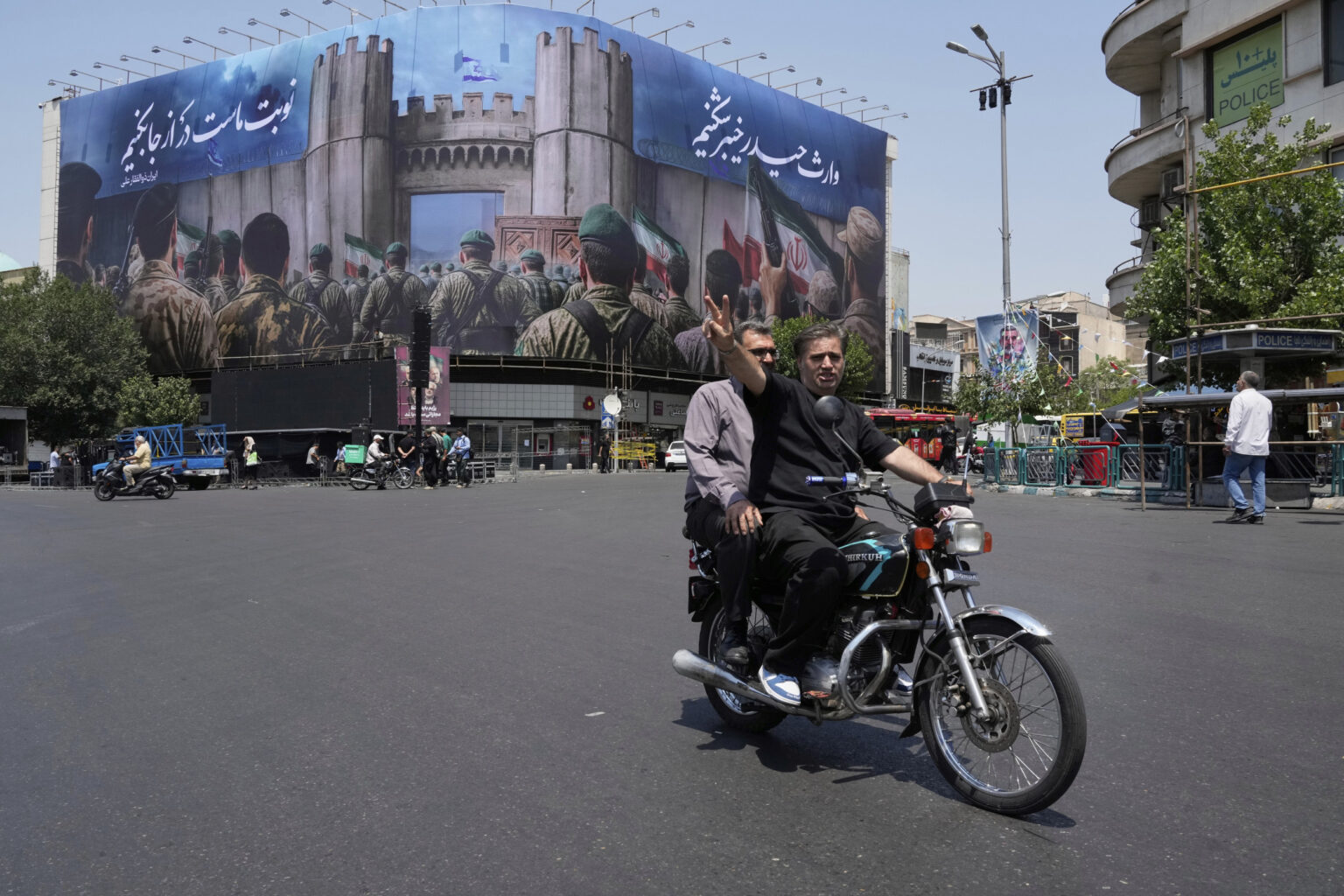The streets of Tehran were unusually empty Monday morning—no rush hour traffic, no crowded buses—just the low hum of uncertainty and dread as the conflict between Israel and Iran entered its fourth day.
After a weekend of Israeli airstrikes across Iran and a warning from Israel’s defense minister that “the residents of Tehran will pay the price,” panic and fear have taken hold of the capital. “It’s horrible here,” one resident told Newsweek, describing a city gripped by anxiety yet unsure of what comes next. Residents did not give their names for fear of reprisals.
Newsweek has reached out the foreign ministries of Iran and Israel for further commmet,
Why It Matters
This escalation opens a new front in the long-running Iran-Israel conflict, now directly threatening civilians on both sides. Tehran’s densely populated urban centers and strained infrastructure make the city especially vulnerable to continued attacks, heightening fear and instability.
The echoes of the Iran-Iraq War in the 1980’s deepen the psychological impact, reviving memories of prolonged urban bombardment.
What To Know
“Everyone’s clueless! Some say it can’t go long like this, some believe it’ll take long. Let’s see… everyone’s leaving Tehran though,” said a young woman in the capital, summing up the fear, confusion, and quiet flight underway. Streets normally packed with Monday traffic were strikingly clear, and some families have already begun relocating to smaller towns, fearing what may come next.
The tension has only deepened following Israel’s vow to escalate. In a post on X, Israeli Defense Minister Israel Katz warned, “The residents of Tehran will pay the price, and soon,” accusing Iranian Supreme Leader Ali Khamenei of becoming “a scared murderer who fires at Israel’s civilian home front.”
הדיקטטור הרברבן מטהרן הפך לרוצח פחדן שיורה ירי מכוון לעבר העורף האזרחי בישראל כדי להרתיע את צה”ל מהמשך המתקפה שמקריסה את יכולותיו.
תושבי טהרן ישלמו את המחיר ובקרוב.
— ישראל כ”ץ Israel Katz (@Israel_katz) June 16, 2025
On Sunday, Israel warned Iranians living near weapons sites in Tehran to evacuate for their own safety. Meanwhile, Iran’s missile attacks on Israeli cities continue to cause casualties and damage, raising fears the conflict could escalate further.
War Memories Return
The explosions now rocking Tehran echo the trauma of the Iran–Iraq War, when Iraqi missiles regularly struck the city in the 1980s. “I know from experience,” one man said, “it is safer to stay in interior rooms or in basements, to be away from flying debris.” His voice is part of a growing collective memory reawakened by the sound of blasts and sirens. Back then, families learned how to reinforce stairwells and avoid windows.
At the same time, a spirit of defiance is spreading across social media. “Nothing you can tell me about the crimes of the Iranian regime… but that doesn’t mean I want my people bombed, maimed, killed, their homes in ruins,” one Instagram user posted, echoing a view widely shared among Iranians who oppose the government but reject foreign strikes on civilians.
What People Are Saying
U.S. President Donald Trump: “Sometimes they have to fight it out, but we’re going to see what happens. I think there’s a good chance there will be a deal.”
Iranian President Masoud Pezeshkian: “The enemy cannot remove us or our nation from the scene through violence, killings, and assassinations.”
Israeli Defense Minister Israel Katz: “If Khamenei continues to fire missiles at the Israeli home front – Tehran will burn.”
What Happens Next
As the conflict enters its fourth day, violence continues with missile strikes between Israel and Iran. The Group of Seven (G7)—a coalition of seven of the world’s largest advanced economies—are meeting in Canada this week, making the crisis a top priority. While members called for restraint and diplomacy, divisions remain. U.S. President Donald Trump emphasized direct talks and warned of harsh retaliation if American interests are threatened. Global leaders are urging calm amid escalating tensions.
Read the full article here


